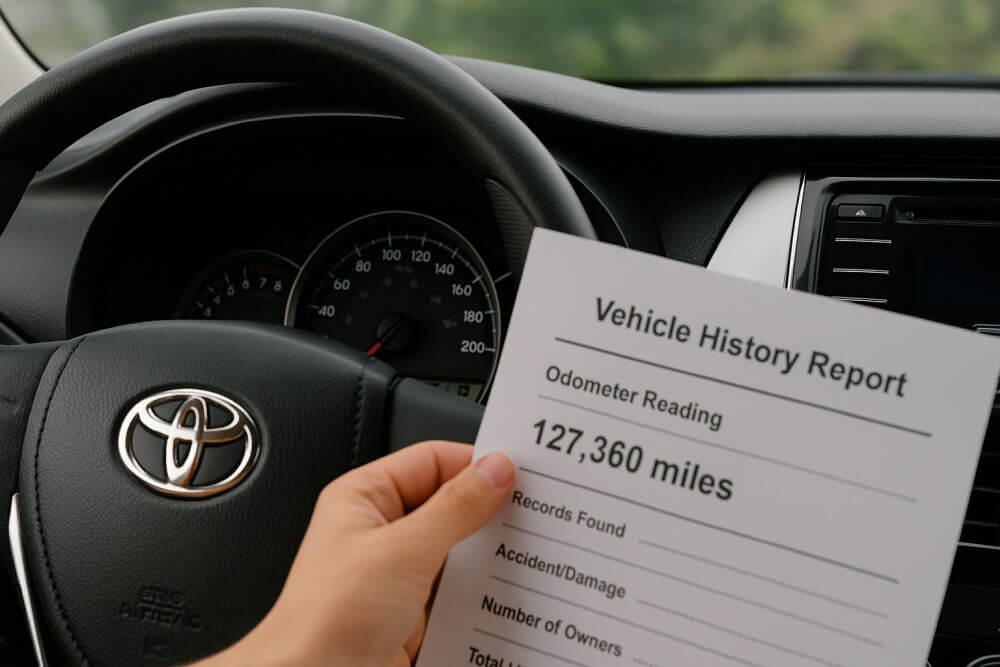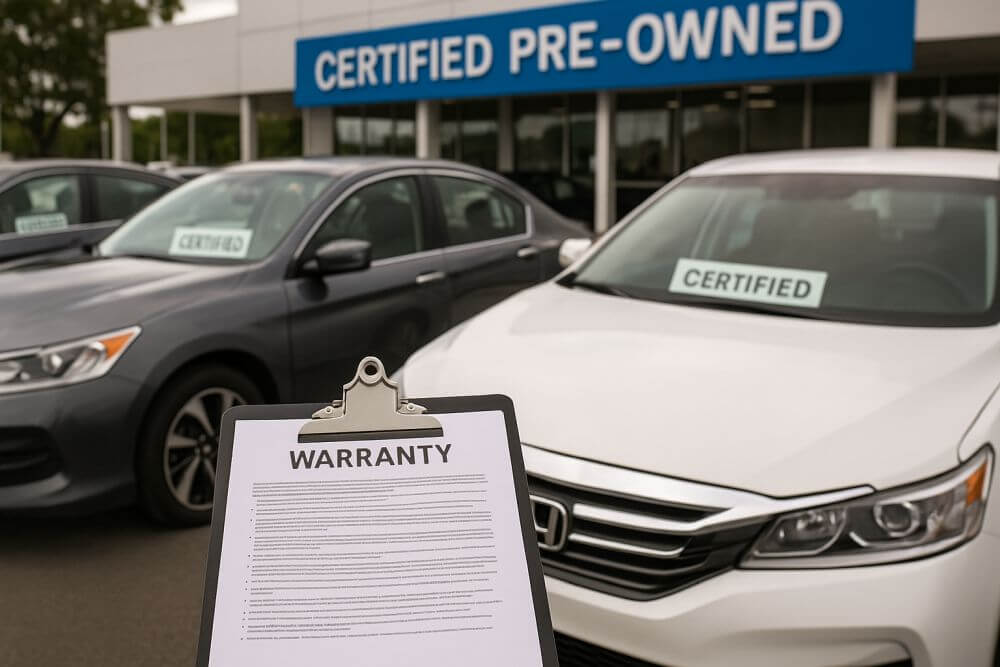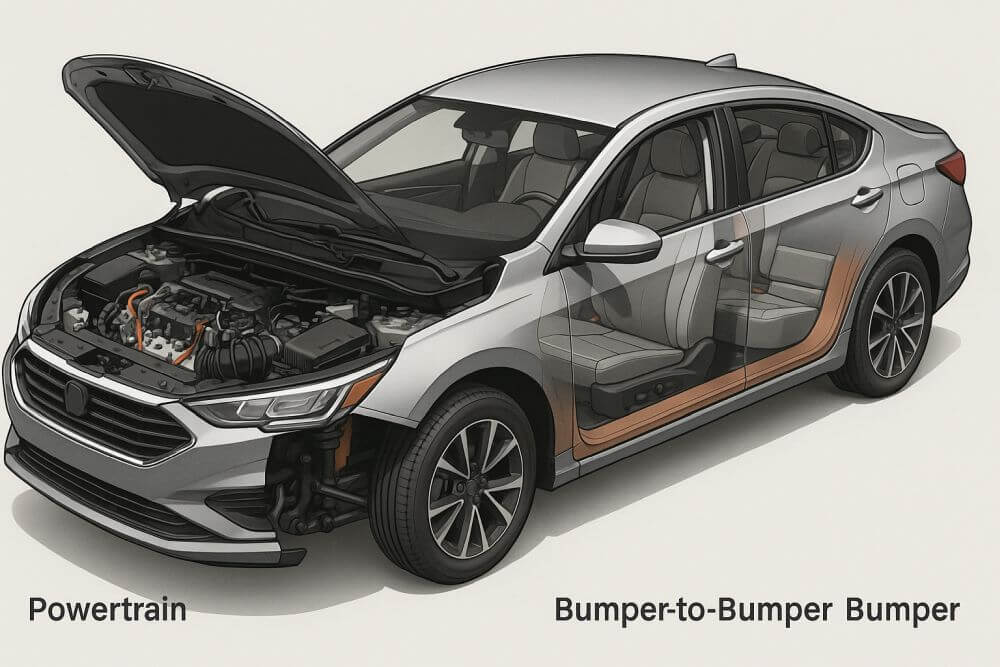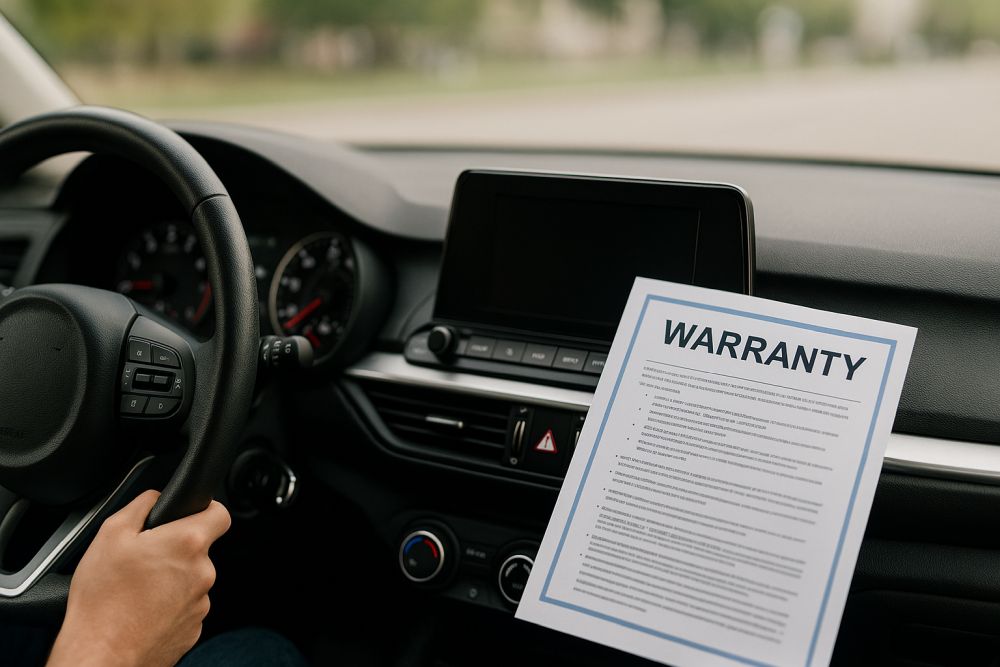When buying a used car, one of the most serious and costly risks is falling victim to odometer rollback fraud. Odometer rollback, sometimes called “clocking,” is the illegal practice of rolling back a vehicle’s odometer to display a lower mileage than the car has actually traveled. This manipulation can make a car appear newer, justify a higher price, and hide extensive wear and tear.

Understanding how to spot odometer rollback and what to do if you encounter it can save you from financial losses and future headaches.
Why Odometer Rollback Is a Serious Issue
Mileage is one of the key factors used to determine a car’s value. Lower mileage generally suggests less wear and a longer remaining lifespan, which is why unscrupulous sellers may attempt to roll back the odometer.
Consequences of buying a car with a rolled-back odometer include:
- Overpaying for a vehicle that isn’t worth the asking price
- Unexpected repair costs due to hidden wear and tear
- Reduced resale value when you decide to sell the car
- Potential legal issues if the fraud is later discovered
How to Spot Odometer Rollback
1. Check the Vehicle History Report
A vehicle history report is one of the most reliable tools to detect odometer rollback. Services like VinCheckPro, Carfax, and AutoCheck compile mileage data from:
- State DMV records
- Previous inspections and emissions tests
- Service and maintenance records
- Insurance claims
If there is a discrepancy in reported mileage (for example, a lower number appears on a recent record than an older one), this is a major red flag.
2. Review Maintenance and Service Records
Ask the seller for maintenance records and compare the mileage reported in those documents to what’s currently shown on the odometer. Legitimate service logs usually include mileage at each visit, providing a clear trail of the car’s usage.
3. Inspect Physical Signs of Wear
A car’s condition should match its mileage. If a vehicle shows unusually heavy wear for its stated mileage, it may have been tampered with. Look for:
- Worn pedals and steering wheels
- Faded or heavily used seat upholstery
- Excessive wear on the gear shifter and buttons
- Chips and scratches around high-touch areas
4. Examine the Odometer Itself
Check for signs of tampering around the instrument cluster or dashboard. On older analog odometers, misaligned numbers or scratches inside the cluster may indicate manual rollback.
For digital odometers, tampering often requires advanced tools and software, making it harder to detect visually — but still possible to uncover through history records.
5. Compare Title and Inspection Records
Titles and inspection documents often list mileage at the time of issue or testing. Ask to see these records and compare them with the current reading.
How to Act If You Suspect Odometer Rollback
1. Walk Away from the Sale
If you notice inconsistencies or suspect rollback, the safest choice is to walk away. Do not proceed with the purchase, even if the seller offers a lower price or reassurances.
2. Report to Authorities
Odometer fraud is illegal under both state and federal laws. If you suspect fraud:
- Report it to your state’s Department of Motor Vehicles (DMV)
- Contact the National Highway Traffic Safety Administration (NHTSA) Office of Odometer Fraud Investigation
- Notify local law enforcement if needed
3. Contact Your Insurance Provider
If you already purchased the vehicle and later discovered the rollback, inform your insurance company. They may adjust your coverage or help guide next steps.
4. Consider Legal Action
Buyers who unknowingly purchase a car with a rolled-back odometer may have legal recourse to recover damages. Consult with an attorney who specializes in auto fraud or consumer protection for guidance.
The Role of a VIN Decoder
A VIN (Vehicle Identification Number) decoder is a valuable tool when verifying a car’s true history. A VIN decoder can reveal:
- Reported mileage records
- Title history and branding (such as salvage or rebuilt)
- Ownership changes and registration history
- Major accidents or damage reports
Using a trusted service like VinCheckPro’s free VIN decoder can help uncover mileage discrepancies early in your research.
Frequently Asked Questions
Is odometer rollback common?
While modern digital odometers have made rollback more difficult, it still occurs, especially in high-demand, high-value vehicles. Estimates suggest that millions of cars on the road may have had their odometers tampered with.
Can I get my money back if I bought a car with a rolled-back odometer?
Possibly, yes. Buyers may be able to sue the seller or dealership for fraud and recover damages. Consult legal counsel for guidance on your specific case.
How can I avoid odometer rollback scams?
Always request a vehicle history report, inspect service records carefully, examine the vehicle in person, and consider a pre-purchase inspection by a trusted mechanic.
Are there penalties for sellers who commit odometer fraud?
Yes. Odometer fraud is a federal offense and can result in fines, criminal charges, and even imprisonment for the seller.
Final Thoughts
Odometer rollback is a serious and costly scam that can affect anyone shopping for a used vehicle. By learning how to spot the warning signs and acting decisively, you can protect yourself from fraud and ensure you’re making a wise investment.
Before committing to any used car purchase, use resources like a vehicle history report and a reliable VIN decoder, such as VinCheckPro’s free tool. This proactive approach can save you money, safeguard your safety, and provide valuable peace of mind.


